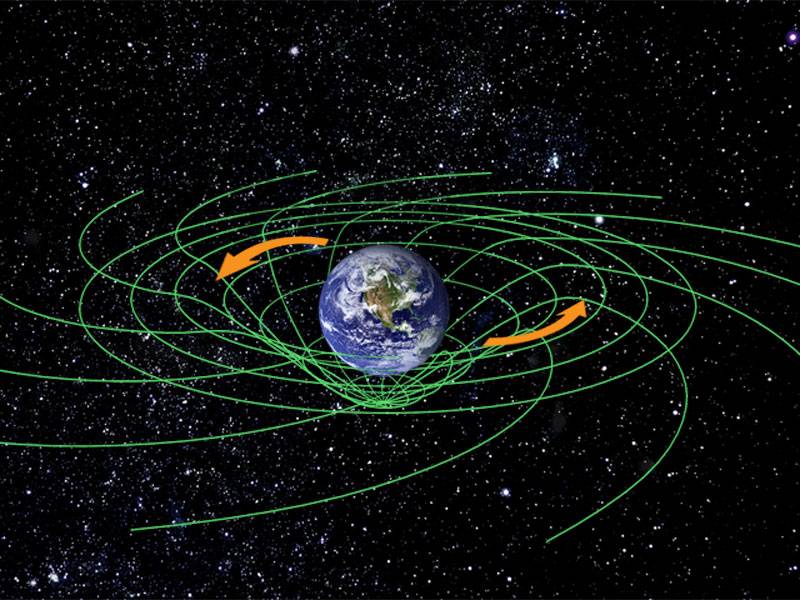marv
Resident Grandpa
........a cosmologist appearing on the Science Channel said, "We cannot see the edge of the Universe." A further argument that the Universe is infinite is dimension, and against the Big Bang theory. At least someone understands how compression waves work.





